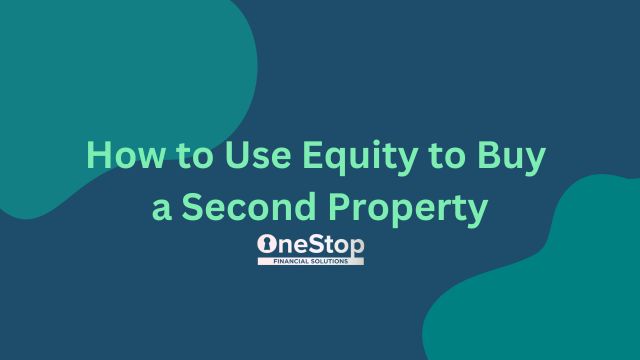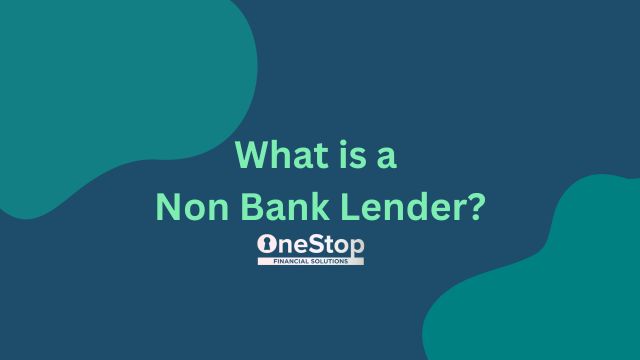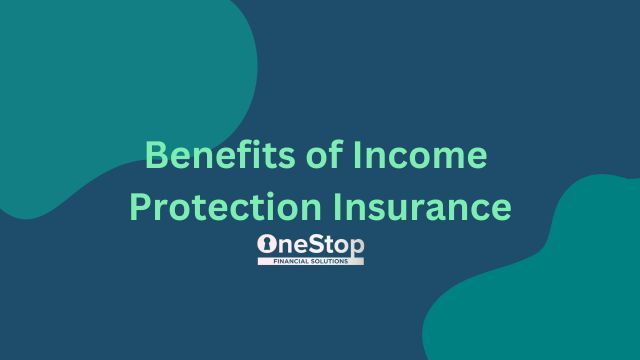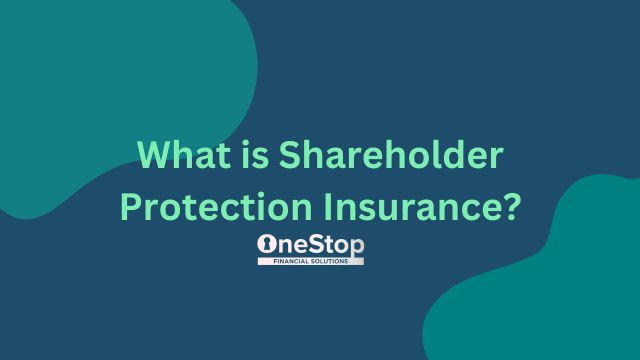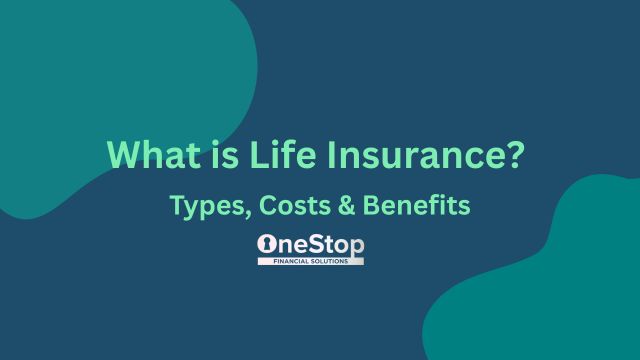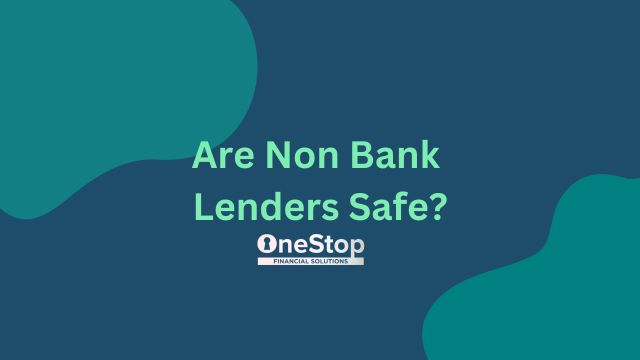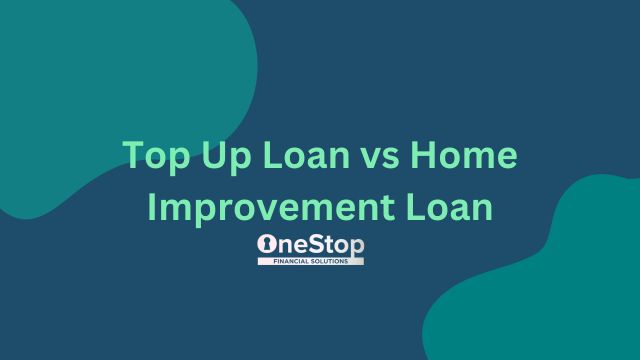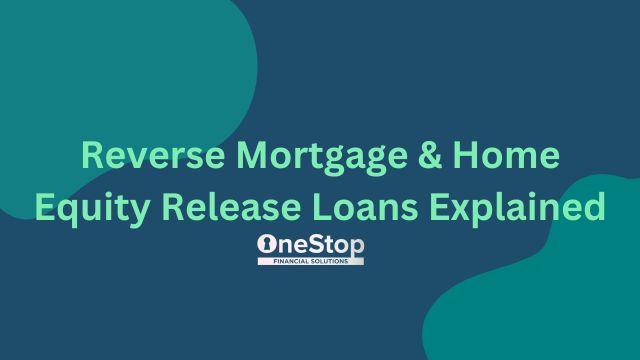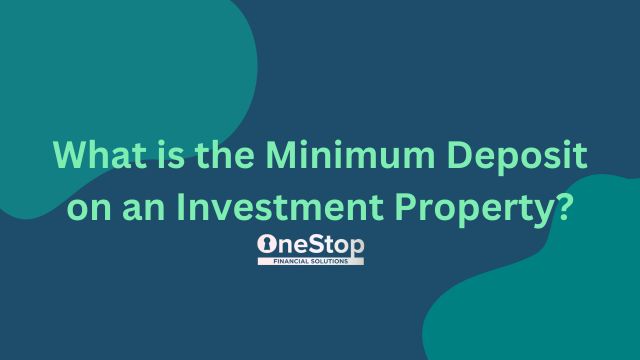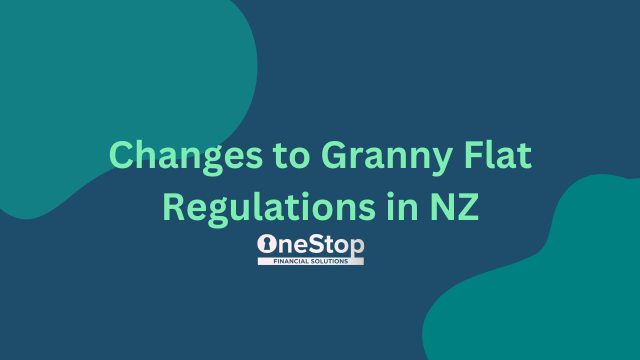When building wealth through real estate investing, one of the most powerful tools is the equity in your current home. Leveraging home equity may allow you to invest in another property and effectively grow your investment portfolio.
This guide will walk you through how to use equity to buy a second property, covering mortgages, loan-to-value ratios, taking on extra debt, and how to minimise risk in your investment strategy.
Table of Contents
What Is a Home Equity Release Loan?
A home equity release loan lets homeowners access the wealth tied up in their property. Homeowners can borrow a percentage of their home’s value, usually without making immediate repayments. The loan is repaid later, typically when the house is sold.
Recent research by Te Ara Ahunga Ora – The Retirement Commission, in collaboration with Motu Research, suggests that up to 25% of retired households in NZ could benefit from equity release products instead of accumulating high-cost consumer debt.
How Does Home Equity Work?
Equity is the difference between the market value of your home and any remaining mortgage debt. For example:
- The market value of your property: $800,000
- Remaining mortgage: $100,000
- The potential equity in your home: $700,000
If you’ve repaid your mortgage or built up significant equity, you may be able to use a home equity release loan to access funds.
Types of Equity Release Loans

There are several ways to unlock the value of your home, depending on your financial needs and retirement goals.
Reverse Mortgage – Borrowing Against Your Home
A reverse mortgage allows older homeowners to borrow against their home’s equity without making regular loan repayments. The loan grows over time due to compounding interest and is repaid when the home is sold or the owner moves into long-term care.
Pros:
No monthly repayments, full ownership of the home is retained, and a negative equity guarantee ensures you won’t owe more than the value of your home.
Cons:
Interest accrues over time, reducing the inheritance left for beneficiaries, or available funds for future needs, such as healthcare or long term assisted living costs.
Which Banks in New Zealand Offer Reverse Equity Mortgages?
As of June 2024, there are two lenders in New Zealand that you may be able to borrow with. They are Heartland Bank and SBS Bank. Here’s what you need to know:
- At age 60, you can borrow up to 15-20% of your home’s value
- This increases to 50% of the value at age 90-95
- Interest rates are around 10-11%, around 2 points higher than standard mortgage rates
- Home insurance and property rates are still payable
- Lender fees, legal fees, and independent valuation fees apply
- You can’t have an existing mortgage on the home – unless you use the reverse mortgage to pay it off
(Please follow the links above to check the most up to date information from the banks)
Home Reversion – Selling a Portion of Your Home for Cash
The home reversion market in New Zealand was introduced in 2024 with the launch of Lifetime Home by Lifetime Retirement Income. This debt-free equity release scheme allows homeowners aged 70 and over to sell a percentage of their home’s equity in exchange for regular income payments while retaining the right to live in their home. Unlike a reverse mortgage, there is no compounding interest or debt accumulation.
Here’s how it works:
- Homeowners sell a 35% interest in their home to Lifetime, with ownership accruing over 10 years at 3.5% per year.
- In return, they receive fortnightly or monthly income payments equivalent to 2.5% of their home’s current value per year for 10 years.
- After 10 years, Lifetime owns 35% of the home, while the homeowner retains 65% ownership.
- Homeowners can stay in their home for life, provided they meet certain conditions, including maintaining the property and making annual payments after year 10.
Benefits of Lifetime Home
- Guaranteed income: Regular income payments for 10 years provide financial stability.
- Lifetime occupancy: Homeowners remain in their home indefinitely.
- Debt-free structure: There are no loan repayments or accruing interest.
- Future equity protection: The homeowner retains a portion of the future home sale proceeds.
- Flexible exit: If the home is sold before 10 years, Lifetime’s share is proportionally reduced.
Costs and Considerations
- Setup costs: Establishment fees, independent legal advice, and a home valuation.
- Ongoing costs: Annual fees, home maintenance, insurance, and property rates.
- Inflation impact: Income payments are fixed, meaning their purchasing power reduces over time.
- Opportunity cost: Homeowners receive less than market value for the portion sold.
Although Lifetime Home is a new product in New Zealand, it offers a structured way for retirees to release equity without taking on debt, making it a potential alternative to a reverse mortgage. However, given its long-term financial impact, seeking financial and legal advice before proceeding is highly recommended.
Alternatives to Using The Equity in Your Home

Consider these alternatives:
- Downsizing – Selling a large or expensive home and buying a smaller, more affordable one. Use the sale proceeds to fund retirement.
- Subdividing Land – If your property is large, consider subdividing and selling part of it.
- Family Buy-In – Arrange for family members to buy a portion of your home, allowing you to continue to live in the property for life.
- Further independent information can be found at Equity Release NZ.
Key Considerations Before Releasing Home Equity
Before committing to a home equity release loan, ask yourself:
- Do I have other income sources? Could you use the equity in another way, such as KiwiSaver or investments?
- What are the costs? Consider fees, interest rates, and long-term financial impacts.
- How will it affect my future plans? If you plan to move into a retirement village or care facility, releasing equity now may reduce your options later.
- Have I sought professional advice? Speaking with a financial adviser or the Citizens Advice Bureau can help determine the best approach.
Final Thoughts
Releasing equity from your home can provide financial relief for retirees needing extra cash while continuing to live in their home. However, it’s essential to understand and compare all options, including reverse mortgages, home reversion, and alternative financial strategies, before deciding.
These schemes can benefit those needing immediate income and who plan to stay in their home. However, other financial strategies might be more suitable if funds are required for future healthcare or aged care needs. Ultimately, home equity release is a trade-off between accessing cash today and reducing future home equity, making thorough financial planning essential.
Thinking about accessing the equity in your property? We highly recommend seeking legal and financial advice. Our experienced mortgage brokers can help point you in the right direction for professional advice, and talk to you about your home loan options. Get in touch today for a no obligation chat, and make sure you are fully informed before entering any mortgage contract.

